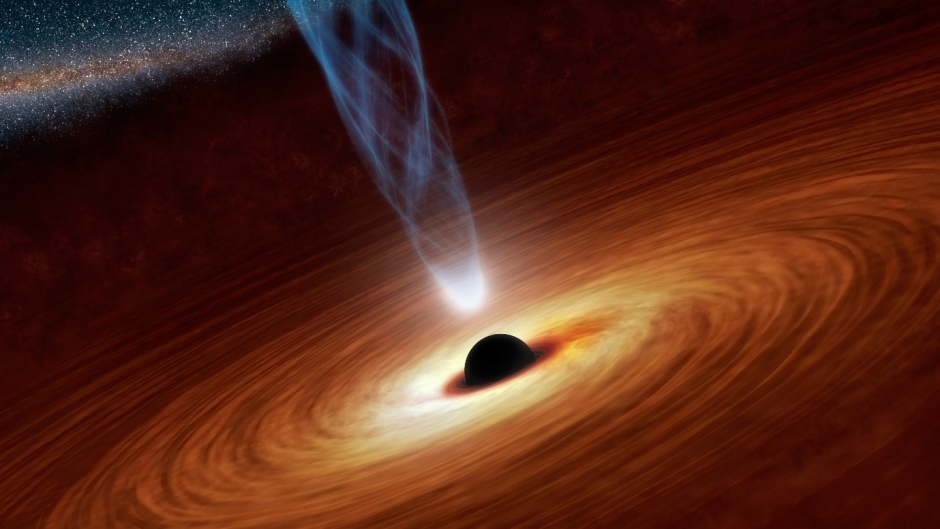We are all used to the idea of a black hole that is incomprehensibly massive and inexplicably powerful, resting at the center of a galaxy and quietly but surely exerting its influence on it. There’s a reason why we call them “supermassive” black holes, after all. However, a group of scientists has been left scratching their heads upon discovering a supermassive black hole that is, well, not massive at all!
A team of astronomers recently measured the mass of a black hole that resides at the center of NGC 4395, a neighboring dwarf galaxy. The expectation, of course, was to come across yet another massive black hole because all galaxies similar to or larger than ours are supposed to host one. This has been derived from our understanding and study of the composition and stellar motion of nearby galaxies.
Therefore, it is no wonder that the scientists were astounded to discover that the black hole at the center of NGC 4395 is 40 times smaller than the expected mass. While this entity is still an immense 10,000 times the mass of the Sun, it is one of the smallest central black hole masses to be ever reported.
The scientists measured the mass of the black hole by utilizing a technique called “reverberation mapping”, which essentially involves measuring the radiation emitted by the black hole’s accretion disk, which is the ring of matter that surrounds it.
This has shed new light on our understanding of the enigmatic black hole, especially one that is positioned at the core of a galaxy. Ellen Gallo, University of Michigan astronomer and co-author of the paper that reported the findings in Nature Astronomy, believes that this discovery has given a new dimension to the understanding of black holes.
“This regime of dwarf galaxies is largely unexplored when it comes to the properties of their nuclear black holes. We don’t even know if every galaxy has a black hole. This adds a new member to the family of black holes we have information about,” she said.
The researchers firmly believe that this discovery, like many others before it, is going to give them a deeper insight into the mechanism that was responsible for forming the black holes in their specific configuration during the early days of the universe.











